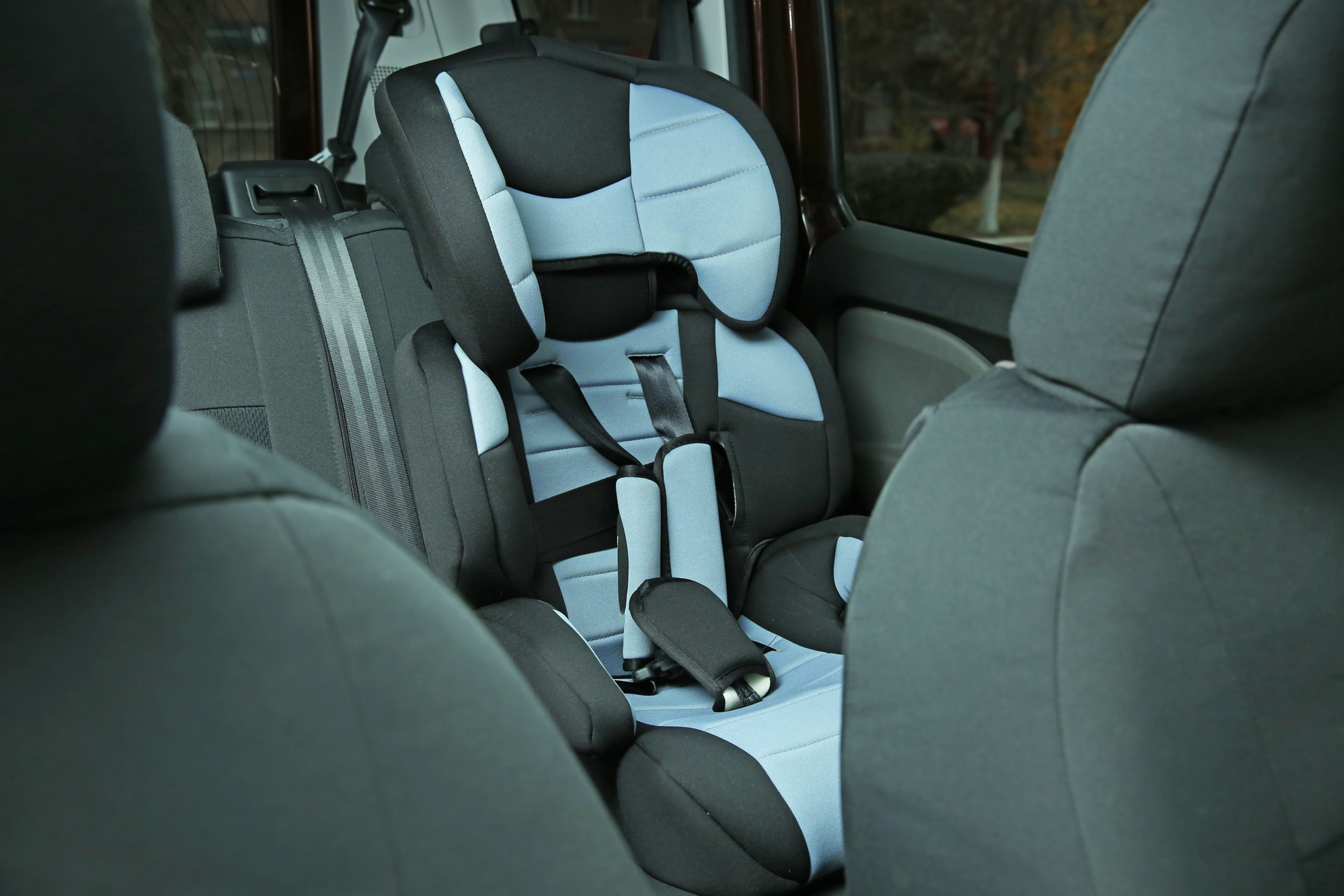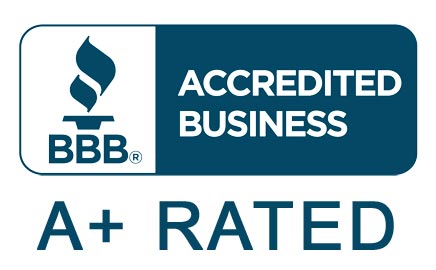Car accidents are one of the primary causes of death for children. In 2018, Injury Facts reported that 636 children under 13 were killed in motor vehicle accidents. In most cases, injuries and fatalities can be prevented by using seat belts and the appropriate use of booster and car seats. Appropriately securing child passengers in car seats that fulfill the current federal motor vehicle safety standards will go a long way when it comes to keeping them safe. The purpose of National Child Passenger Safety Week is to encourage adults to have seat safety checks.
National Child Passenger Safety Week
The National Child Passenger Safety Week is focused on the correct use of car safety seats. The campaign encourages parents and care providers to protect their children’s future at every stage of their lives by ensuring that they are safely positioned in the right car set for their age, weight, and height. As children get older, the type of car seat required changes to suit their age and size.
Be Aware of the Phases
A rear-facing car seat should be used from birth through around three years of age. Once the child has outgrown a rear-facing car seat, you’ll need to use one that faces forward until around the age of 5.Once children have outgrown the forward-facing seat, you can use a booster seat with a seat belt until they can fit a seat belt properly. The proper fit of the seat belt is when the lap belt portion lays across the child’s upper thighs, and the shoulder seat belt section lays across the chest. Buckling into an age and size-appropriate car seat, booster seat, and seat belts can reduce serious and fatal incidents by as much as 80%.
Arizona Specific Safety Issues
Don’t forget that Arizona has some specific safety issues like heat. It’s not illegal to leave your kid in a hot car, but you shouldn’t do it.
Triple-digit summer temperatures are common in Arizona, and because heat is the leading weather-related cause of death in Arizona and nationwide, it’s crucial that you take precautions. According to Arizona’s Department of Health Services, over 1,500 deaths from exposure to extreme natural heat took place in Arizona between 2000 to 2012. Children, especially babies and toddlers, are substantially more vulnerable because they can’t sweat and cool down as fast as adults. Besides staying hydrated during Arizona’s blistering hot summers and avoiding the heat during the hottest hours, it’s important to never leave children (or pets) in a hot car. You should also cover car seats with a towel or order a car seat cover to keep them cool.
Observing National Child Passenger Safety Week
The National Child Passenger Safety Week is typically held in September. This year National Child Passenger Safety Week is September 19 – 25, 2021. Be sure to take full advantage of your local car seat safety checks held during the event and learn more about age-appropriate car safety seats for children. The National Highway Traffic Safety Administration offers in-depth but easy-to-digest information on their website regarding purchasing, using, and inspecting safety seats for children.





